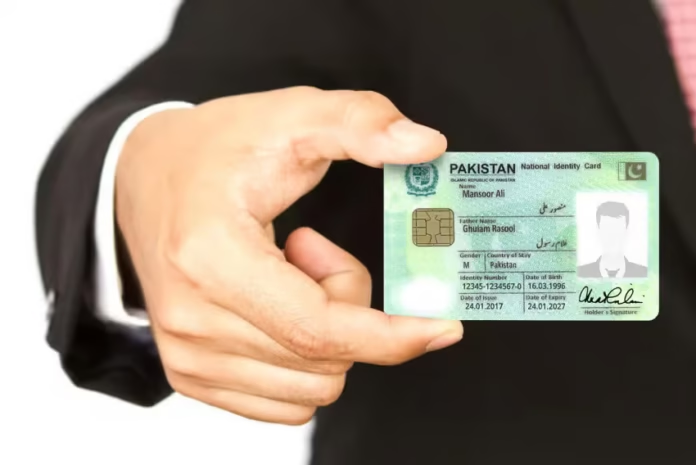During a recent session in the National Assembly, the Ministry of Interior shared comprehensive data about the blocking of Computerized National Identity Cards (CNICs) over the past five years. The report highlighted the reasons behind these blockages and provided a province-wise breakdown of the affected cards.
A Glimpse at the Numbers
Between 2018 and 2023, a total of 71,849 CNICs were blocked across Pakistan. The reasons for these blockages ranged from verification issues to identity fraud. This statistic underlines the government’s efforts to ensure accurate record-keeping and prevent misuse of identity documentation.
Provincial Breakdown of Blocked CNICs
The report presented by the Interior Ministry provided a detailed breakdown of the blocked CNICs across various regions:
- Khyber Pakhtunkhwa (KP):
KP reported the highest number of blocked CNICs, with 25,981 cards affected. This significant figure highlights the challenges faced in verifying identities in the region, which has a diverse population and complex documentation issues. - Punjab:
Punjab followed with 13,000+ blocked CNICs. Being the most populous province, Punjab’s numbers reflect the scale of identity verification challenges. - Sindh:
Sindh reported 9,677 blocked CNICs, showcasing its own share of identity management issues. - Balochistan:
The province of Balochistan saw 20,583 blocked CNICs, a figure that stands out due to the relatively smaller population of the region compared to other provinces. - Federal Capital (Islamabad):
Islamabad had 1,370 blocked CNICs, indicating that even the capital faces issues with identity card management. - Azad Jammu and Kashmir (AJK) and Gilgit-Baltistan (GB):
In AJK, 446 CNICs were blocked, while 228 CNICs were affected in GB, highlighting the lower volume of cases in these areas.
Also Read: Smart Pakistan ID Card – Updated Fee Structure for December 2024
Efforts to Resolve the Issue
The Interior Ministry also shed light on its efforts to resolve these cases. So far, 44,460 CNICs have been successfully unblocked following the completion of the necessary verification process. This reflects the government’s commitment to ensuring legitimate access to national identification.
However, 13,618 cases remain unresolved, as investigations are still ongoing. The delay in these cases is often attributed to incomplete documentation or failure to meet verification standards.
Challenges Behind the Numbers
The high number of blocked CNICs raises concerns about gaps in the registration and verification processes. Factors such as incomplete documentation, fraudulent applications, and human error contribute to the issue. In regions like KP and Balochistan, cultural and logistical challenges also make accurate record-keeping more difficult.
What’s Next?
The Interior Ministry emphasized its resolve to streamline the verification process and reduce instances of fraudulent identity cards. Citizens are encouraged to cooperate with authorities during the verification process to expedite unblocking and address pending cases.
Conclusion
The blocking of over 71,000 CNICs in the past five years reflects a significant step toward ensuring accountability and accuracy in Pakistan’s national identity system. While substantial progress has been made in resolving these cases, ongoing investigations show there is still work to be done. The government’s focus on transparency and efficiency in this matter remains critical for building trust and ensuring the integrity of the CNIC system.




Harry